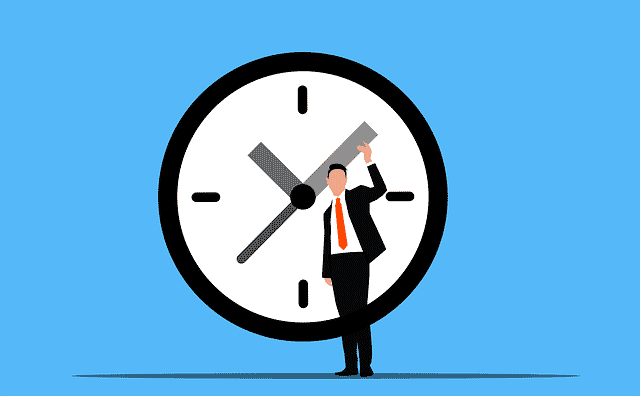
Chronology is associated with the temporal ordering of events.
In Greek is where we can find the etymological origin of the term chronology that concerns us now. And it is made up of three components of that language:
• The noun “chrono”, which can be translated as “time”.
• The word «logos», which is equivalent to «study».
• The suffix «-ia», which is used to indicate «action or quality».
Chronology as a science
Chronology is defined as the science that allows us to determine the order and dates of historical events . Chronology, therefore, is part of the studies of history .
Let us remember that history is the social science dedicated to the study of humanity's past . Every historical fact arises from others that preceded it in time and is, in addition, the origin of other historical facts that may be more or less important. The chronology is responsible for analyzing when each event occurred and orders them on a timeline.
By appealing to chronology, the historian divides time into certain regular periods and can classify events according to the order in which they happened. When dealing with very remote events, the chronology must precisely establish the date of the events and eliminate any discrepancies that could arise due to the different time measurement systems used in ancient times.
Review of events
Likewise, it is common for this word to be used to carry out what would be a review of the most important events in the life of an artist. In this way, for example, we can talk about a chronology of Pablo Picasso, which includes everything from the most significant events on a personal level to the historical milestones of his work such as awards or the presentation of his most important works.
In this sense, it should be noted that museums and exhibition centers are increasingly resorting to establishing interactive chronologies of artists so that the visitor can quickly learn who they were and in what context they lived. .
However, on other occasions the chronology of the museum they visit is also made available to the visitor.

The chronology of an event is linked to how its development took place over time.
Chronology as a succession of events
Chronology, on the other hand, is the series of historical events or people in order of dates . The chronology of the arrival of a group of explorers to a virgin island could be as follows:
Day 1 (Monday, January 14): The expedition departs from the Port of San Miguel aboard the ship Poseidon.
Day 2 (Tuesday, January 15): Good weather conditions allow Poseidon to travel more than two hundred miles. Scientists take the opportunity to take water samples and carry out studies.
Day 3 (Wednesday, January 16): A failure in the boiler makes progress difficult, but the island is sighted and everything is organized to disembark the next day.
Day 4 (Thursday, January 17): Poseidon moors on the coast of the island, which is named Naturalia. The explorers set up camp a few meters from the ship.
In the same way, we can also determine that chronology is a term that is frequently used within the field of science. Specifically, biologists usually use it to refer to the record they keep of all the events or times that have taken place within a work or investigation that is being carried out.
